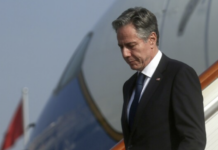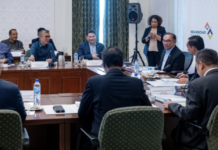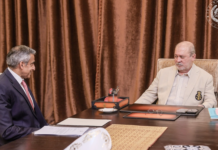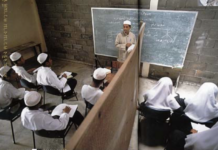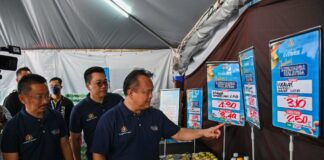PETALING JAYA,Oct 30: Tourism industry stakeholders are hoping for some much-needed tax relief and tailor-made wage subsidies when Budget 2021 is tabled on Nov 6.
The Covid-19 pandemic has led to a near-collapse of the tourism sector, with international tourist spending in the country dropping almost 70% from RM41.69 billion in 2019 to RM12.58 billion during the first six months of this year and the domestic tourist market losing RM13 billion over the same period.
Malaysian Association of Tour and Travel Agents (Matta) secretary-general Nigel Wong told FMT he wanted to see incentives that would encourage companies to organise events with licensed industry stakeholders such as travel companies and hotels.
Malaysian Association of Hotels (MAH) CEO Yap Lip Seng, meanwhile, hoped to see less taxes and fees, calling them both counter-productive to tourism and an added burden on tourists.
With the country’s tourism and hotel sectors “still very weak and fragile”, Yap said the government had to acknowledge that the sectors were unable to sustain themselves just yet.
“The industry is looking forward to more tax relief and incentives as well as restructuring of overall taxes involving the tourism and hotel industry,” he said.
“This is alongside the reclassification of electricity tariffs for hotels to industry tariffs instead of commercial, on top of extending and increasing current utilities discounts for tourism premises.”
He said that among the taxes and fees the industry had to contend with were the sales and services tax (SST), tourism tax, digital tax, entertainment tax, heritage tax, tourism promotional fees and local hotel fees.
Wong, meanwhile, said Matta believed in more incentives for the industry in the form of tax incentives for consumers.
“Another tax incentive is an increase in the special personal income tax relief for travelling, which should only be applicable to licensed travel agencies and operators,” he said.
The government announced a special personal income tax relief of RM1,000 for domestic travel expenses in a bid to spur domestic tourism in February. The tax relief was to end on Aug 31 but has since been extended to Dec 31, 2021.
Describing the current wage subsidies as “insufficient”, Yap said as of now, the subsidies were the same as that being extended to other industries.
“This is although the tourism sector has been impacted earlier and more severely than other industries and will be the last to recover,” he said.
MAH had earlier proposed a tiered wage subsidy system for the tourism industry at 50% for employees with wages up to RM4,000 and 30% for those between RM4,001 and RM8,000.
It said the higher percentage wage subsidies were models which had successfully been implemented in countries such as Singapore, Canada, Australia and the UK.
Noting that staff wages constituted a major cost as the industry, and in particular travel agencies, was manpower-intensive, Wong hoped Budget 2021 would roll out a wage subsidy programme specially targeted towards the tourism industry.
“The tourism industry has been very hard hit (by the pandemic), our number one problem now is employee and talent retention,” he said.
“The industry employs 3.6 million people, and they are suffering work-wise. Businesses need to be able to keep running so these employees will be able to retain their jobs.”
The wage subsidies under the various economic stimulus packages unveiled by the government since March are limited to Malaysians earning RM4,000 and less each month. The subsidies range from RM600 to RM1,200 per employee depending on the size of companies.
Wong also said Matta was looking at a special funding model which should be designed to accelerate the recovery of the tourism industry.
This includes digitalisation grants for e-commerce and online promotions as well as more matching grants for the industry when the international borders reopen and businesses start to fully recover.
In addition, he hoped Budget 2021 would provide funds for the upgrading of tourism infrastructure and capital for promotion and marketing.
He also called for an extension on the loan moratorium and HRDF levy exemption, which expired last month, specifically for tourism related companies.
Yap, meanwhile, said the government should ensure that tourism-related Budget 2021 initiatives reach the right target groups, especially those badly impacted by the Covid-19 pandemic.
He said the budget allocation for enforcement must be made a priority, and it was crucial that its implementation be monitored to protect legitimate stakeholders.
“The industry cannot bear anymore leakages from unregulated and illegal activities such as home-sharing or Airbnb that does not contribute back to the industry,” he said. “This also applies to illegal tour operators offering unlicensed tour packages.”





